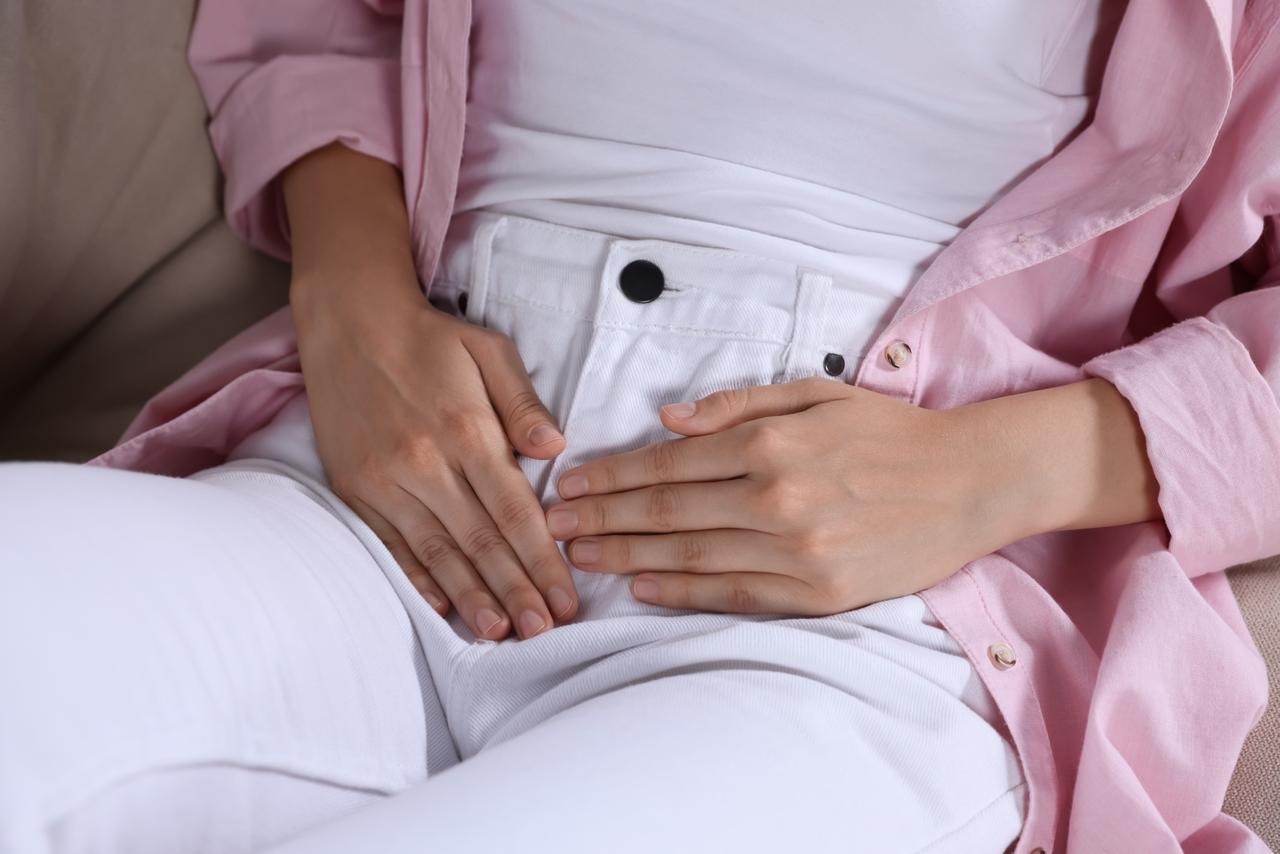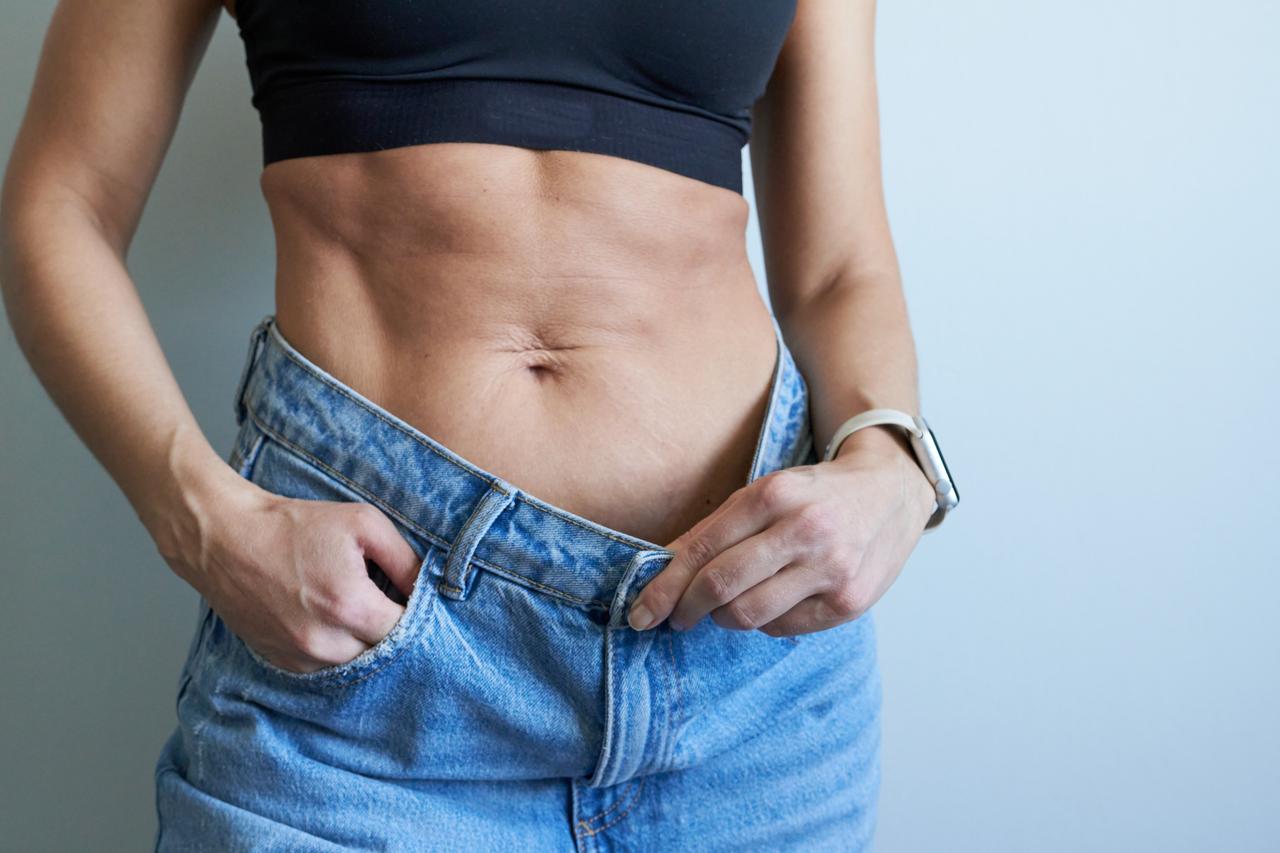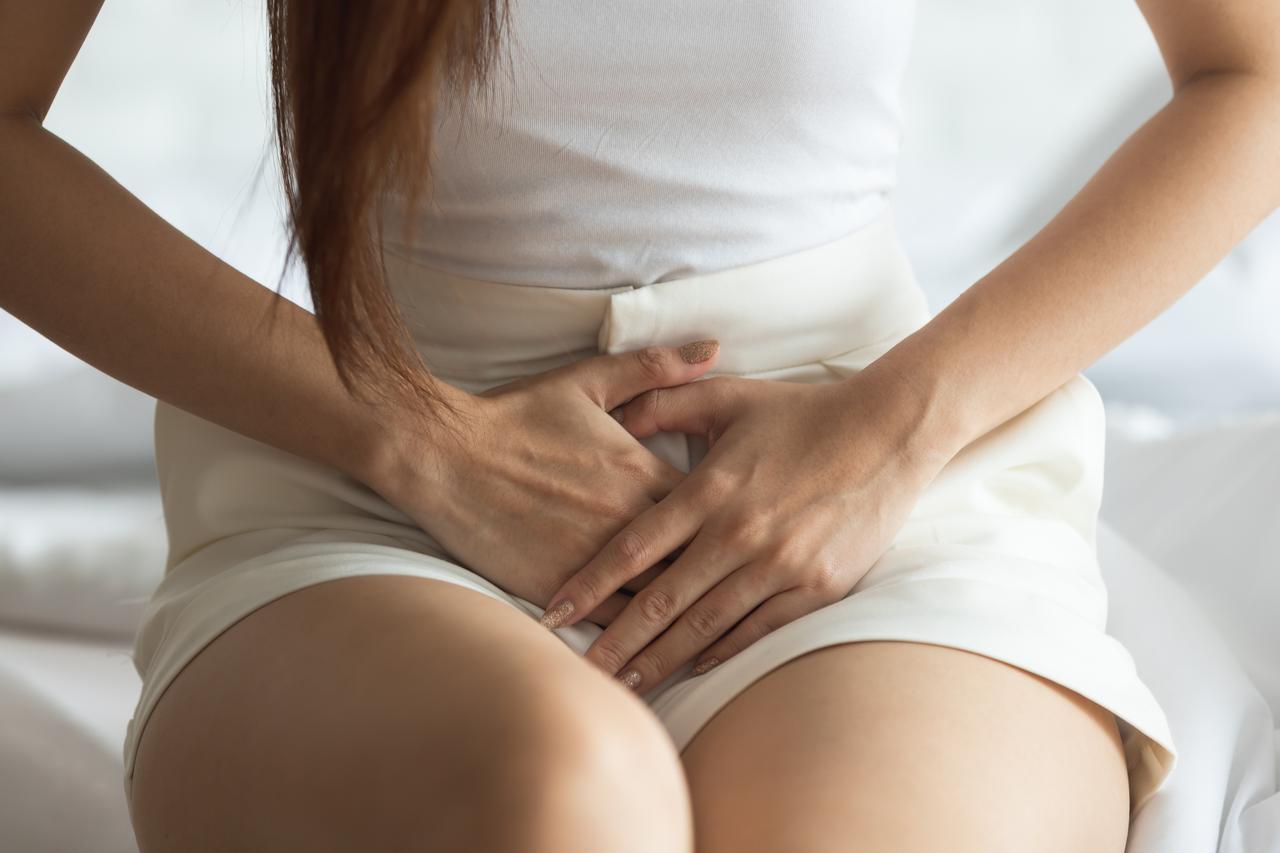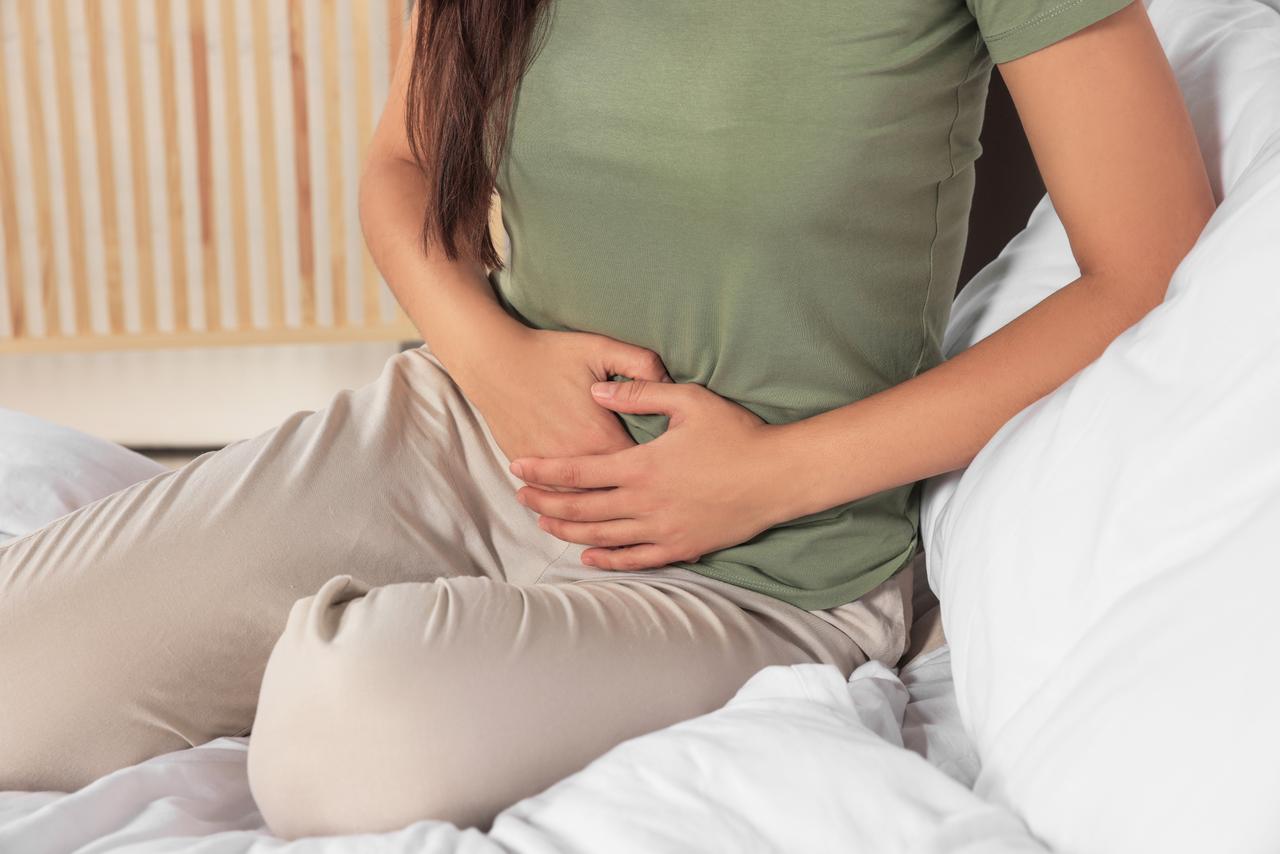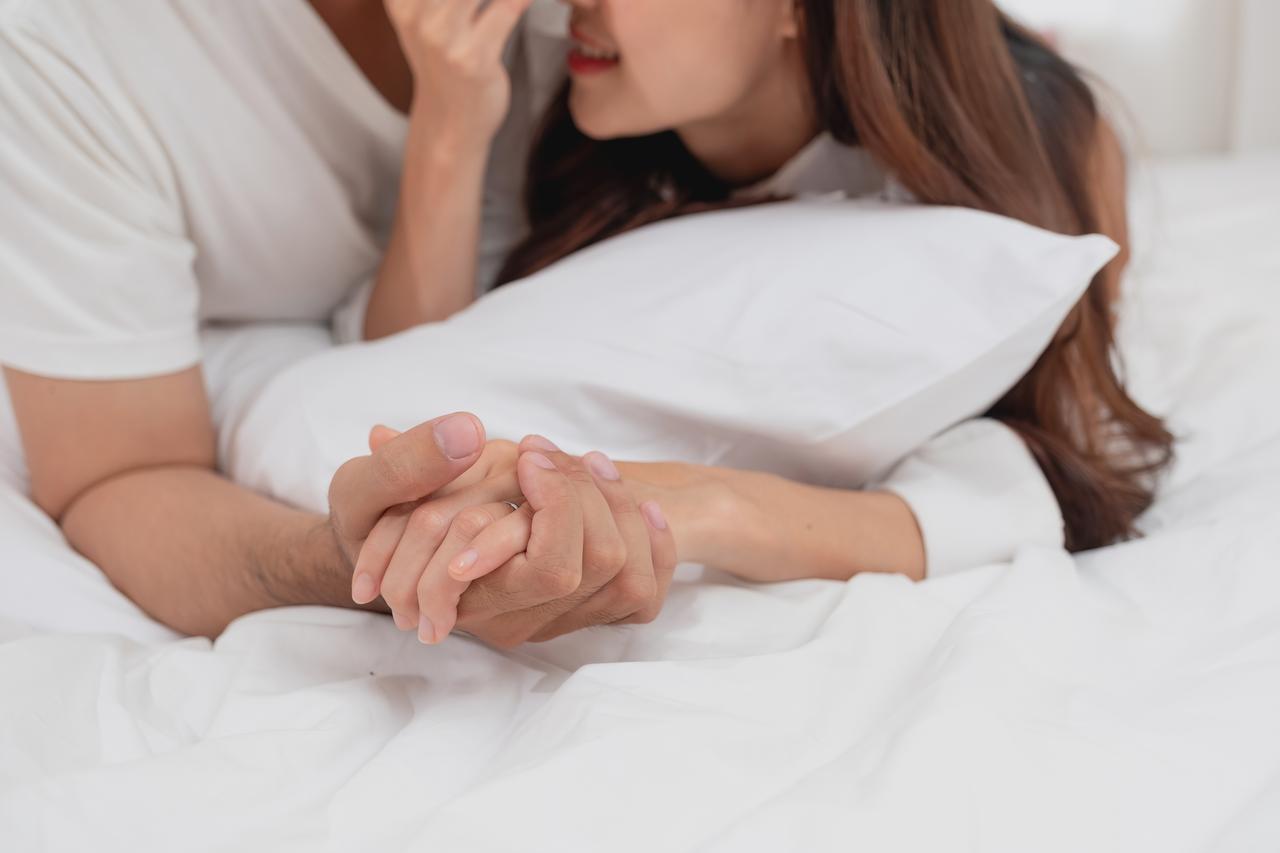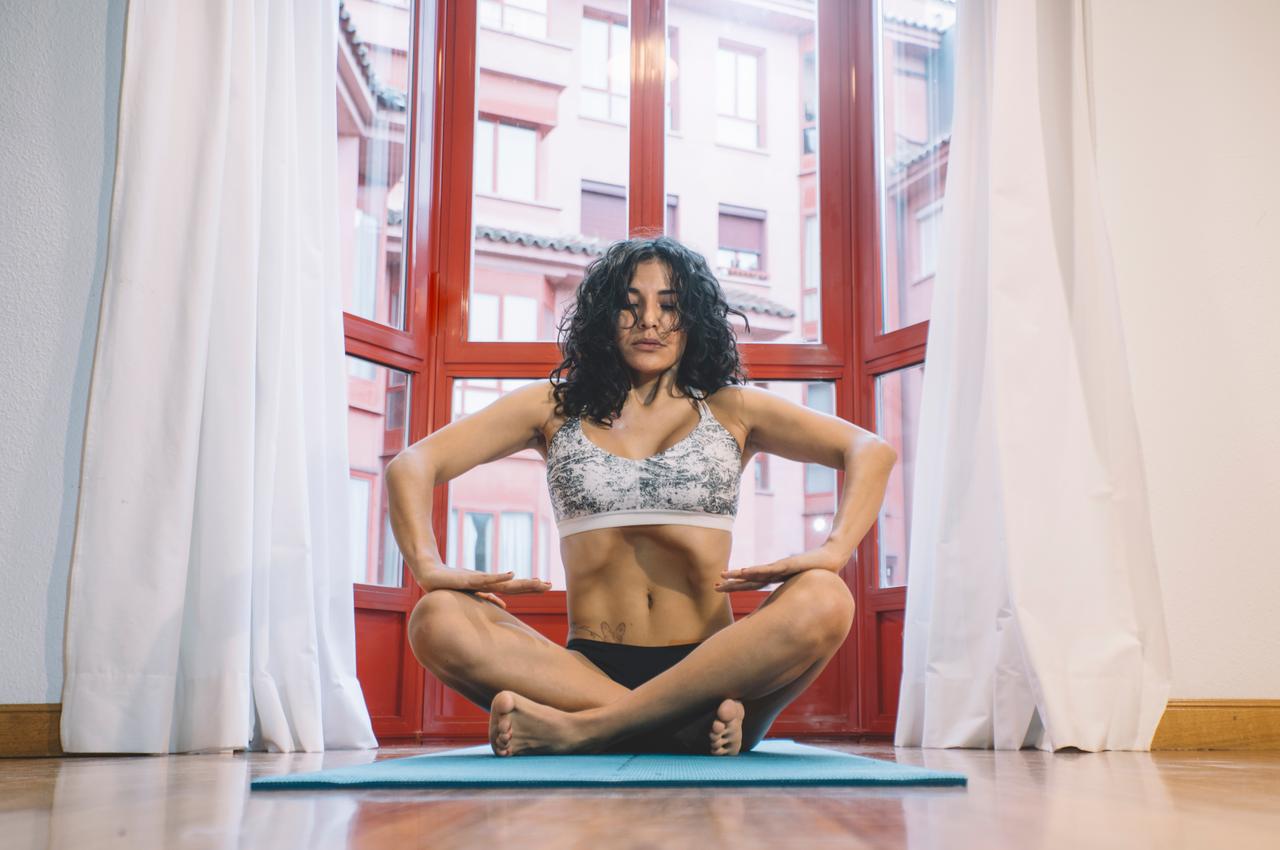You itch. You scratch. You treat. It comes back.
Vulvar itching that won’t go away isn’t just annoying—it’s a sign that something deeper may be out of balance.
If your symptoms return again and again, or if standard treatments aren’t working, you may be dealing with a chronic vulvar condition that needs more than just creams.
What’s Causing the Itch?
Not all itching is caused by infections. In fact, many cases stem from:
- Contact dermatitis: Irritation from soaps, wipes, pads, or detergents
- Lichen sclerosus or lichen planus: Chronic inflammatory skin conditions
- Hormonal changes: Thinner, drier skin from estrogen decline
- Overwashing or douching: Disrupts the skin barrier and microbiome
- Tight clothing or sweat: Traps moisture and friction in sensitive areas
- Recurring yeast or BV infections: Often a symptom, not the root cause
What starts as mild itching can escalate to redness, swelling, cracks, or even raw skin if left unchecked.
Why It Keeps Coming Back
Quick fixes like antifungal creams or hydrocortisone may provide temporary relief—but they don’t solve the real issue. In some cases, repeated use can even worsen the problem by disrupting the protective skin barrier or microbiome.
The cycle looks like this:
- Irritation triggers inflammation
- You treat the symptoms, not the cause
- Temporary relief followed by flare-up
- Repeat
The Emotional Toll
Chronic itching doesn’t just affect comfort—it can wear you down emotionally. Women report:
- Sleeplessness
- Anxiety during intimacy
- Fear of judgment
- Isolation or embarrassment
And because it’s in a private area, many suffer quietly. But this isn’t something you should have to push through.
Getting to the Root
A proper diagnosis is essential. Your provider may need to:
- Perform a visual and tactile exam
- Take swabs or biopsies
- Review your hygiene products and routine
- Assess hormone levels
Only then can you start treating the cause—not just the symptoms.
A Whole-Person Treatment Plan
Addressing chronic vulvar irritation means restoring skin health, not just suppressing flare-ups. This may include:
- Eliminating irritants: Switching to fragrance-free, hypoallergenic products
- Barrier repair: Using emollients and moisture-retaining creams
- Hormone therapy: Topical estrogen to restore skin resilience in menopause
- Anti-inflammatory protocols: For autoimmune skin conditions
- EmpowerRF: A non-invasive therapy that helps restore tissue integrity, rebuild collagen, and improve local circulation—all of which support long-term relief and skin health
How EmpowerRF Helps
This technology delivers gentle radiofrequency energy to the vulvar area, which helps:
- Stimulate collagen and skin thickness
- Reduce chronic inflammation
- Improve sensation and comfort
It’s especially effective for women dealing with estrogen-related skin thinning, lichen conditions, or repeat irritation.
What to Expect
Treatments are in-office and take about 60 minutes. There’s no downtime, and many women feel noticeable relief within the first few weeks.
You’re Not Overreacting
If you’ve been told it’s “just dryness” or “a minor yeast issue” but your symptoms persist, trust yourself. Chronic vulvar itching deserves thorough, respectful care.
Final Word
Persistent vulvar itching isn’t just a nuisance—it’s a red flag that your body needs deeper support. Whether it’s inflammation, skin fragility, or microbiome imbalance, there’s a path forward.
EmpowerRF is one tool in that path. But the most important step is this: refuse to normalize discomfort. Relief is possible. Let’s get you there.


